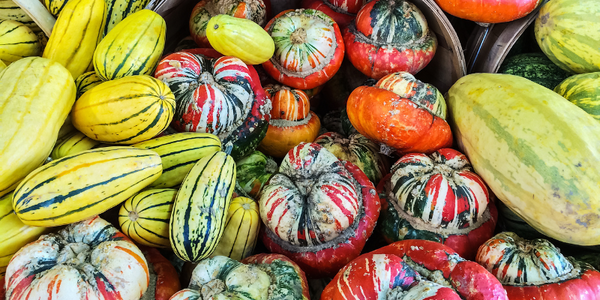Posted on February 18 2022

One of the first things that people think about following a power outage is whether that fully stocked freezer of meat is still safe to eat. While much of the food in a refrigerator must be discarded after losing power, the same is not true of frozen foods. Here are some rules to follow when deciding which freezer foods to toss and which to keep.
The 48 Hour Rule
Before you start panicking the minute power goes out, you should learn the 48 hour rule. According to the U.S. Food and Drug Administration, freezers that are completely full will keep foods safely frozen for 48 hours. If your freezer is only half full of food, the safe period is reduced to 24 hours. These are general guidelines and apply only if you don't open the door, thus allowing cold air to escape.
Determine the Freezer Temperature
The easiest place to start is by sticking a food thermometer inside the freezer. Leave the thermometer inside for five minutes and read the temperature. Note that you must do this quickly if the power comes back on, as the freezer will immediately begin refreezing the food to a lower temperature. As long as the temperature reads 40 degrees Fahrenheit or lower, everything in the freezer is still safe to consume.
If you don't have a food grade thermometer, there are other ways to determine the safety of food. Start by looking for ice crystals that are still on the inside or outside of packages and bags. If the foods still have ice on them, they are safe to eat.
Beware of Items Stored in the Door
If your freezer has door storage, it's possible that the food located there may be below the optimal temperature. Insert a food thermometer into these items to ensure they are all below 40 degrees Fahrenheit. If they are even one degree above it, throw the foods out to be safe.
Discard Food That Doesn't Look Right
Some foods, such as ice cream, may thaw faster than others, leaving them a soft soupy mess. It's best to discard these items, as the quality will suffer once it is refrozen. Also look for any bags or boxes that are leaking. Throw them out, as the juices may contaminate the other foods in the freezer. Hopefully you won't have many since most will be vacuum sealed. If a container of raw meat leaks juice, discard every food item underneath it to avoid accidental contamination.
You may also notice puddles of water in the door or the bottom of the fridge caused by melting ice from the ice maker. Ice cubes melt faster than other frozen items, so there's no need to worry. You may want to empty the ice bin, however, to prevent the melted water from freezing solid inside of it.
While throwing away food is never desirable, it's better to be safe than to risk your family's health. By following these freezer safety guidelines, you may find that your freezer foods fared pretty well during the power outage.
You may also like these articles:





Hello – It really depends on how things are thawed and for how long. For the most part if raw or cooked food is thawed in the refrigerator, it is safe to refreeze it without cooking or heating, although there may be a loss of quality due to the moisture lost through thawing. After cooking raw foods that were previously frozen, it is safe to freeze the cooked foods.
As for meats specifically, according to the USDA, meat should be thawed in the refrigerator and never at room temperature. If you didn’t thaw your meat in the fridge, you should toss it and not refreeze it. If you did thaw it in the fridge, and it hasn’t been there for too long (the longer the thawed meat sits, the longer bacteria has to form on it), then you can refreeze it. If the meat has been sitting in the fridge for longer than 36 hours, I wouldn’t recommend refreezing.
can preciously vacuum sealed food that was then placed in a freezer to also be refrozen per refrozen after thawed during a power failure, eg. meat ? sauces, etc? It would seem to me the value of the vacuum seal would protect the food with the freezing being a second means to slow the food’s deterioration, Please let me know. Thanks in advance